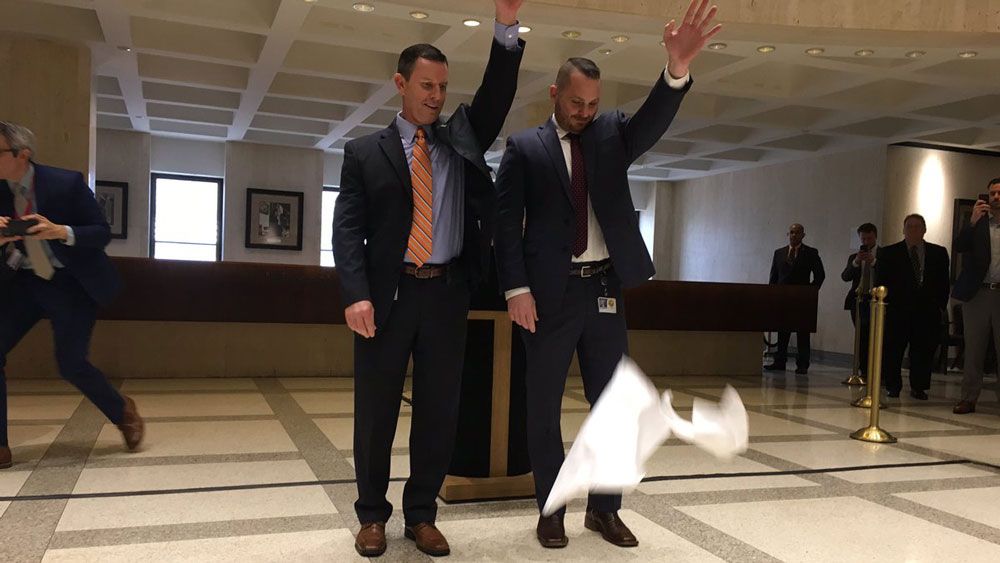FLORIDA — When state legislatures fail to pass a budget by the end of its legislative session, the impact can be felt by lawmakers, state workers, and the communities they serve.
- FLORIDA GOVERNMENT GUIDE:
The Florida Constitution requires the state legislature to develop and pass a balanced state budget every year.
The budget pays a number of statewide needs, such as state workers’ salaries, buildings and infrastructure improvement, or agencies and programs, according to the Florida Policy Institute. It also covers -- but is not limited to -- public education, law enforcement and fire protection, healthcare, and emergency services.
How Does the Budget Process Work?
Florida’s budget, also known as the General Appropriations Act, is a multistep year-round process that begins with balancing the state’s revenue and spending needs.
The budget outlines expenditure expectations, as well as revenue activity for the fiscal year. State lawmakers develop the budget, Florida’s governor implements it, while the Chief Financial Officer oversees how the budget is being spent.
The budget needs to be passed before the end of the fiscal year, a 12-month time period that the government uses for budgeting and accounting purposes. It differs from a regular calendar year in that the Florida fiscal year starts July 1. The last day of Florida’s current fiscal year is June 30, 2019.
What Happens if the Budget Doesn’t Pass?
Talks and negotiations over the budget between lawmakers and the governor are held during the annual 60-day legislative session, which runs March through May. The budget should be passed during this time period.
A joint budget conference committee is formed at the end of the session to negotiate differences between the Senate and House budget bills. Senate Appropriation Committee chairs are responsible for making final adjustments between the two bills.
The results of the negotiations is called the Conference Committee Report, which must be approved in its entirety. If both chambers of the legislature fail to adopt it, they have to start the entire conference process over again.
If lawmakers fail to pass the budget within their alloted legislative session, they will either have to extend the legislative session with a three-fifths of a vote of the Senate and House, or have the governor call for a special session.
Delays in turning the budget into law may come from gridlock within the legislative chambers themselves, line-item vetoes from the governor, as well as legislative power to overturn the vetoes.
State Government Shutdown
If a new budget isn't passed by the start of a new fiscal year, a state government shutdown is inevitable.
Although Florida has never in its history gone through a state government shutdown, it came close in 1992 -- with the budget passed one day before the start of the new fiscal year -- as well as in 2015 over healthcare funding, according to WFSU in Tallahassee.
Under a state government shutdown, like federal shutdowns, servies deemed "non-essential" will stop operating, and non-essential state workers will be furloughed.
Non-essential state services include, but are not limited to, state parks and beaches, road projects, courts, and state agencies like the Department of Motor Vehicles. Essential services, like law enforcement and some medical facilities, would likely stay open.



